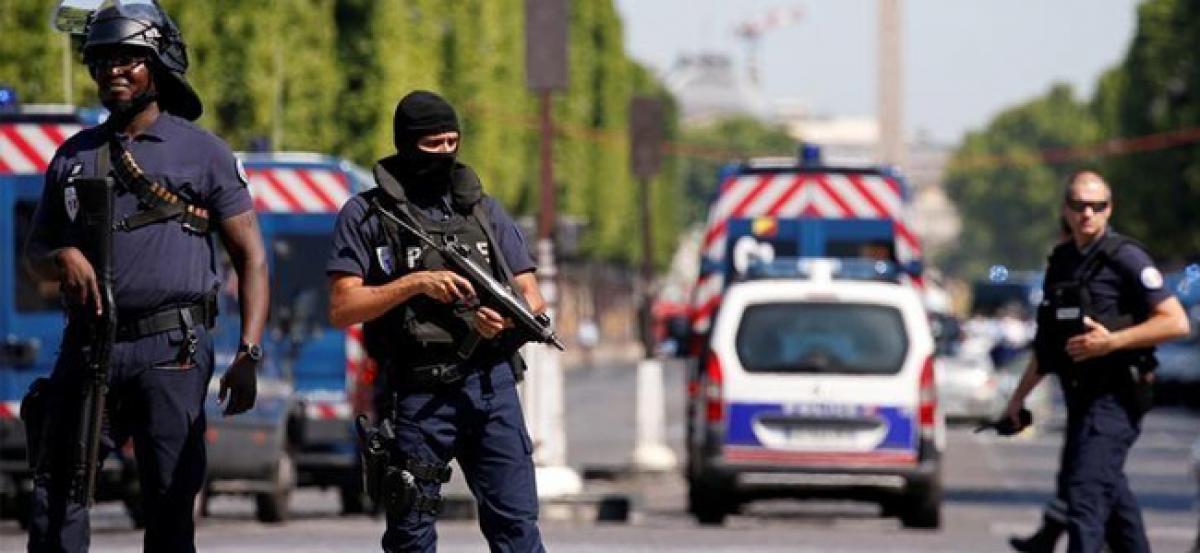Live
- Pokémon TCG Pocket to Introduce Card Trading in January 2025
- Nani unveils ‘MM 2’ title & first look
- Will challenge bail granted to actor Darshan in fan murder case in SC: Bengaluru Police Commissioner
- Chandrahass Launches Maruti Suzuki Dzire Through PJ Productions in Tolichowki Showroom
- Police case against farmers for tilling land claimed by Waqf Board in Karnataka
- Commendable move: Sandeep Dikshit on renaming Sarai Kale Khan ISBT chowk after Birsa Munda
- MahaYuti will come back to power with a thumping majority despite Oppn's tirade: Eknath Shinde
- ‘Hanging up my racquet. Thank you’ - India’s Prajnesh Gunneswaran retires from professional tennis
- Pawan Kalyan to Campaign for NDA Alliance in Maharashtra
- Eight killed, five injured in Nepal's traffic accident









